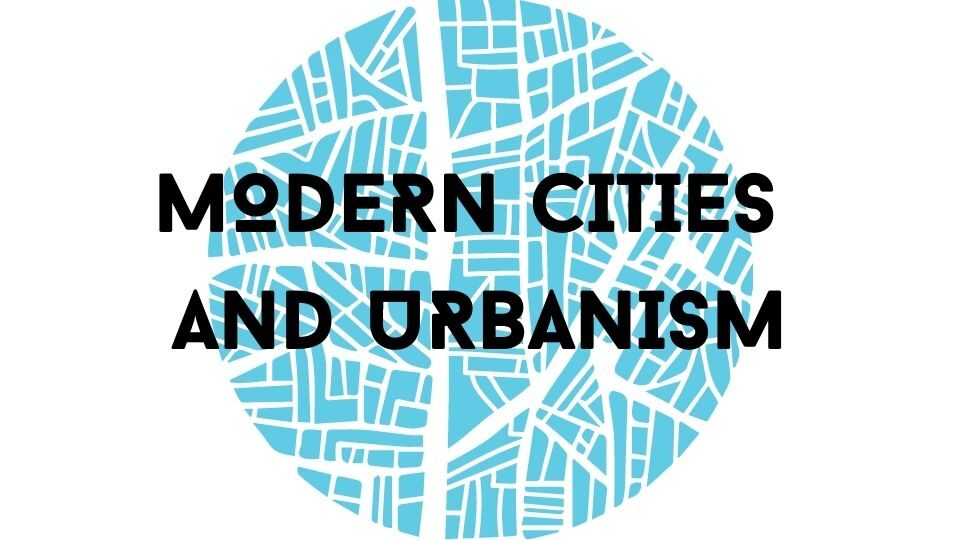Manchester is a major city in the northwest of England with a rich industrial heritage. The city has the country’s fifth-largest population at 547,627 as of 2018 and includes a very diverse demograpic. Nicknamed “Cottonopolis” in the 19th century, Manchester was once the metropolis and global center of the cotton industry, with other industries including textiles, aviation, and coal. Manchester began expanding around the turn of the 19th century as people flocked to the city for work from Scotland, Wales, Ireland and other areas of England as part of a process of unplanned urbanisation brought on by the Industrial Revolution. This movement required the expansion of transport options through the city which further expanded industrial growth and allowed the city to play a major role in the Second World War. Once a powerhouse of industry, Manchester is now a major cultural hub, famous for its architecture, libraries, culture, music, innovation, sciences and sporting history. The following three reports focus on different issues of modernity and urban life from perspectives in relation to Manchester’s industries including Manchester’s planning following World War 2, the development of the Bridgewater Canal, and Manchester’s colonial past and present.
